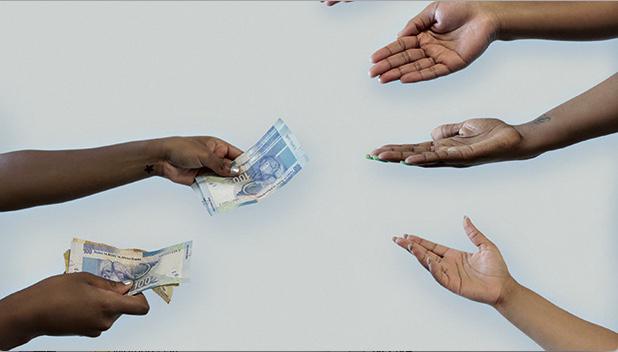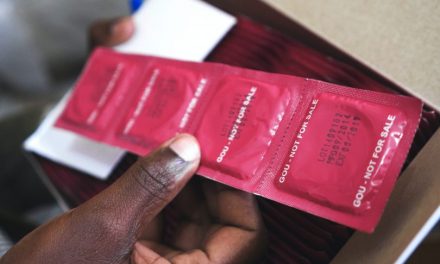Black tax, a term often used to express the unsolicited financial responsibility that black people encounter as they gain upward social mobility and advance in both social and economic terms. In Sub Saharan Africa, particular in South Africa, due to apartheid legacies and impacts on household income, the majority of young black professionals have to bear the financial burdens of their families as the sandwich generation. The intersections of this reality with women bear the double burden of being active in both the public and private spheres and the current COVID-19 crisis results in black women in South Africa being at a disadvantage. So why do we need to talk about Black tax and the COVID-19 Superwoman?
Who is the COVID Superwoman?
Since the lockdown due to COVID-19, there has been a rise in cases of gender-based violence as women and children are stuck at home with their abusive families and/or spouses. Because Black tax affects a vast majority of black persons but particularly females who spend more time in the maintenance and care of households, the pandemic presents an extra burden that women have to shoulder. However, since there already exists a premise of fetishizing and praising black women for being resilient in hard times and tough situations, the rise in these cases becomes another tough time and hurdle that black women must overcome.

On a second level, the pandemic has resulted in job losses across the country and female-dominated sectors were adversely affected by the retrenchment posing a problem to an already disadvantaged female workforce. Although in some employment sectors there are payout benefits or measures to account for such times, not all sectors have the financial viability to survive the restrictions imposed because of the pandemic. Part of the COVID-19 repercussions are the homeless, hunger and education of many and the black tax female giver carries the additional burden of these repercussions because of the care economy.
The black tax female giver who lost her job but, is using her savings to support herself and those dependent on her. Likewise, there is the unfortunate death of many black tax givers which leaves all her dependents without a stable lifeline. These examples are lived reality of women as they participate in the care economy.
On the third level, the black tax challenge is not only financially taxing but also impacts the mental health of those expected to provide which may lead to emotions such as anger and resentment. Many victims of the black tax paradigm have placed their goals, ambitions and aspirations aside for the livelihood of the greater family, living with certainty regarding your potential but being torn between potential and feeding your family is a tough choice. This being an extreme but very realistic example and though the degree of the black tax paradigm varies no contribution towards black tax ever comes without financial difficulty on the part of the ‘black tax giver’.

Turning the tide
The problems associated with black tax are manifold hence requires a nuanced approach that at best accounts for the structures that increase the burdens of black women. There is no quick fix to deeply entrenched systemic inequality and continues to be reinforced in the status quo. Black tax in itself is not a bad thing since it is set under the premises of care and embedded in the spirit of Ubuntu – having empathy for the difficulties suffered by your fellow being. However, individuals and families tend to abuse the notion of ubuntu into guilt trapping one about prioritizing themselves.
Too often the recipients of black tax have concluded that it is either an entitlement or that the giver can afford to give. As the ‘sandwich generation’ grapples with black tax and other systemic challenges that make it difficult to financial security, pandemics or crises such as COVID-19 have the potential to set them back.

At the state level, there is more work to do in terms of policy work and setting up structures or systems that will help alleviate the burdens that women have to shoulder due to entrenched gender norms and social expectations. The idea that wealth is concentrated in the hands of men yet women have to play to carry a triple burden should encourage the government to ensure there are adequate responses during pandemics and that those responses account for the reality on the ground. For instance, with gender-based violence on the rise, women and children, who were the main victims of various acts of violence had no places to request for shelter.
Moreover, those who were homeless were more prone to increased harm due to limited resources. Recently, the world commemorated the 16 days of activism against gender-based violence under the theme: Orange The World: Fund, Respond, Prevent, Collect., it is necessary to reflect on the difficulties of resource mobilization and how funding is funnelled, to whom and why? What types of data are collected and who is given visibility?





